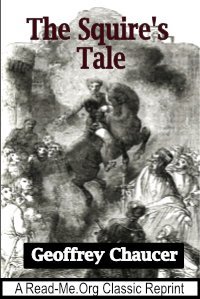By Charles Dickens..
This is a rare detective story of Charles Dickens. The main character is a smart and attentive man named Sampson. One day he sees a strange Mr. Julius Silton in his office acting strangely as though he is hiding something. Sampson suspects that a crime is occurring and and from this point he becomes a real hunter of criminals. The story's antagonist is probably based on the real life of poisoner Thomas Wainewright.
NY. Harrow and Heston Classic Reprint. (1859) 39 pages.






